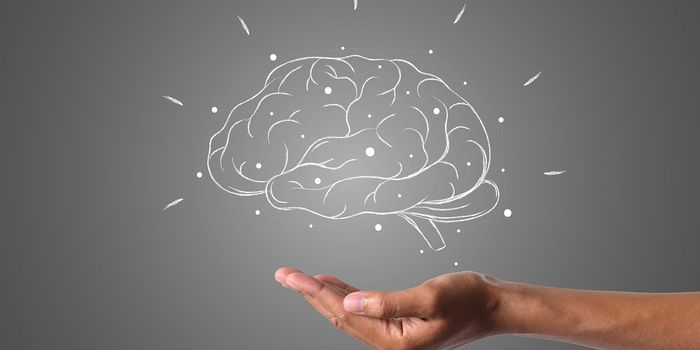New fMRI Test Predicts Dementia 9 Years Before Diagnosis

The default mode network (DMN) is a large-scale brain network that is activated when people are in a state of 'wakeful rest'. It is also the first neural network to be affected by Alzheimer’s disease. In the current study, the researchers developed a predictive test for dementia onset by analyzing fMRI scans to detect changes in the brain’s DMN.
For the study, they used fMRI scans from over 1,100 volunteers from the UK Biobank. They assigned each patient with a probability of dementia value according to how much their DMN connectivity patterns conformed to a pattern indicative of dementia. They then compared the predictions to each patient's medical data.
Ultimately, they found that the model predicted dementia onset up to nine years before an official diagnosis with over 80% accuracy. The model could also predict how long it would take for a diagnosis to be made with a two-year margin.
The researchers further found that genetic risk for Azlheimer's disease was strongly linked to connectivity changes in the DMN, and that social isolation was likely to increase risk of the condition via its effect on connectivity in the DMN.
“Predicting who is going to get dementia in the future will be vital for developing treatments that can prevent the irreversible loss of brain cells that causes the symptoms of dementia,” said study author Charles Marshall, Professor and Honorary Consultant Neurologist at Queen Mary University of London, in a press release.
“We hope that the measure of brain function that we have developed will allow us to be much more precise about whether someone is actually going to develop dementia, and how soon, so that we can identify whether they might benefit from future treatments,” he concluded.
Sources: Neuroscience News, Nature Mental Health








